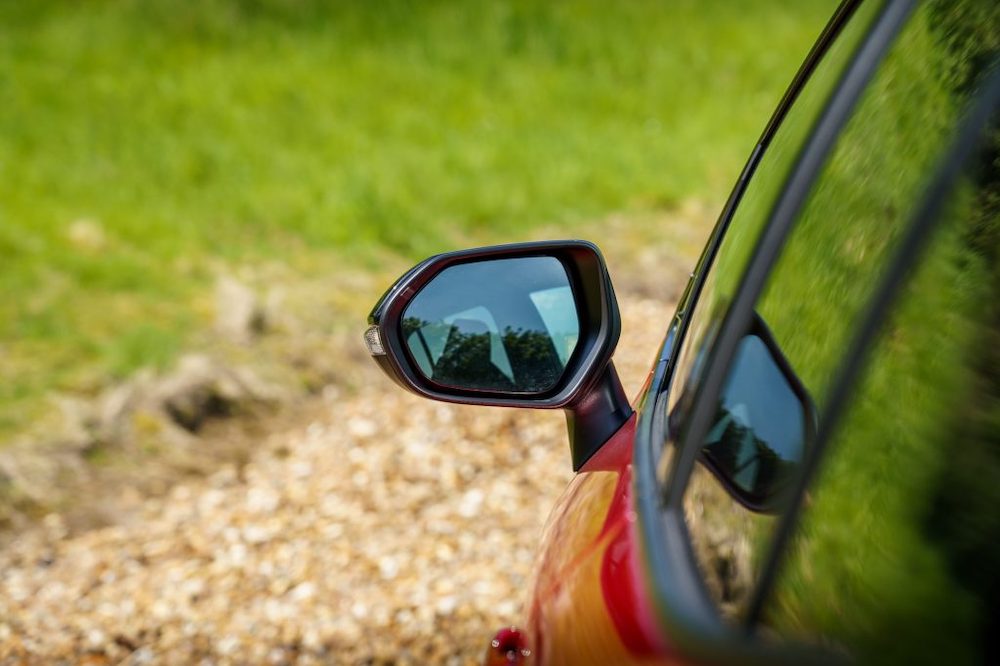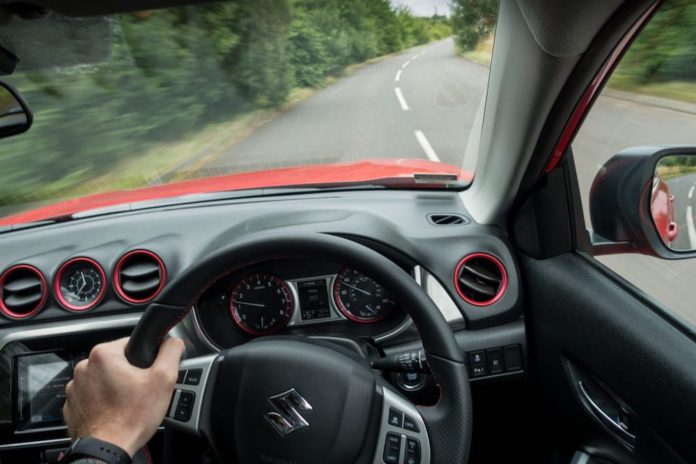A car accident can be a traumatic and stressful experience, leaving you shaken, injured, and so on. One of the most crucial steps you can take after an accident is to document the incident thoroughly. Having documentation will help you have vital evidence in any legal proceedings that may follow.
Why Documentation Matters
Proper documentation of a car accident is essential for several reasons:
- Accurate documentation can help establish who was at fault for the accident, which is crucial for determining liability and pursuing compensation.
- When filing an insurance claim or pursuing a personal injury lawsuit, all with the help of experts from organizations like Sadaka Law, solid documentation provides the necessary evidence to support your claims.
- The details of an accident can fade over time; hence, having a detailed record can help you recall important information accurately.
Gathering Information At The Scene Of The Accident
In the immediate aftermath of a car accident, it’s crucial to gather as much information as possible while your memory is still fresh and the details are clear. This information will serve as the building blocks for your case, providing a comprehensive picture of the incident.
The first priority is always to ensure the safety of yourself, your passengers, and any others involved in the accident. If there are injuries, call local emergency responders immediately to seek medical attention.
Once the immediate safety concerns have been addressed, exchange contact and insurance information with the other driver(s) involved. This includes obtaining names, addresses, phone numbers, and insurance policy details.
Say there are any witnesses to the accident. If that’s the case, gather their contact information and, if possible, obtain written statements from them. Their firsthand accounts can provide valuable corroboration of your version of events.
Then, proceed to take detailed photographs and videos of the accident scene. Capture the damage to the vehicles, skid marks, road conditions, any debris or wreckage, and any other visible signs of the collision.
Finally, contact the police to report the vehicle collision. They’ll investigate the scene, interview witnesses, and file an official report, which can be a crucial piece of evidence in your case.

Ongoing Documentation For Car Accidents
Continue documenting events related to the accident as you move forward. They include the following:
- Medical Records: Keep meticulous records of all medical appointments, treatments, and expenses related to the accident. These records will provide evidence of the extent of your injuries and the associated costs.
- Vehicle Repair Estimates: Obtain estimates for the repair of your vehicle or any other property damage resulting from the accident. These estimates will support your claims for compensation.
- Diary Entries: Maintain a detailed journal chronicling the events leading up to the accident, the immediate aftermath, and the ongoing impact on your life. This personal account can provide valuable insights into your emotional and physical state.
- Additional Pieces Of Evidence: Gather any other relevant documentation, such as receipts for car rentals, transportation expenses, or lost wages due to the accident. These additional pieces of evidence can strengthen your case.
Enhancing Your Documentation: Helpful Tips And Strategies To Know About
As you embark on the task of documenting your car accident, consider these additional tips and strategies to ensure the comprehensiveness and effectiveness of your efforts:
- Promptness is key. Document the accident as soon as possible, while the details are still fresh in your mind. Delaying documentation can lead to forgotten details or inaccuracies, potentially weakening your case.
- Be as detailed as possible in your documentation. Capture every relevant observation, no matter how insignificant it may seem. Small details can often provide crucial clues in determining fault or establishing the extent of damages.
- Organize your documentation meticulously. Create a system for filing and storing documents, such as a dedicated folder or binder. This will make it easier to locate specific information when needed.
- Look beyond the immediate scene of the accident for additional evidence that may support your case. This could include surveillance footage, weather reports, or traffic patterns in the area.
- Maintain a consistent narrative. Ensure that your documentation presents a consistent and cohesive narrative of the events leading up to, during, and after the accident. This will make your case more credible and persuasive.
- Leverage technology to enhance your documentation. Use smartphones to capture photos and videos, voice recorders to capture verbal accounts, and note-taking apps to keep detailed logs.
- Consider consulting with a professional photographer or videographer to capture the accident scene in high detail. This can provide a more comprehensive and accurate visual representation of the damage.
- Consult with a car accident attorney promptly. Seek legal counsel early in the process. An experienced attorney can guide you through the documentation process, ensuring that you gather all the necessary evidence and protect your legal rights.
Seeking Legal Assistance
Consulting with an experienced personal injury attorney can provide invaluable assistance in documenting your case and pursuing legal action if necessary. They can:
- Help you identify and gather any additional evidence that may be relevant to your case.
- Review and assist you in filing insurance claims and navigating the complex insurance process.
- Represent you in negotiations with insurance companies or opposing parties, ensuring that your rights are protected and that you receive fair compensation.
In Conclusion
A car accident can be a life-altering event, and the aftermath can be overwhelming. Nonetheless, by documenting the incident thoroughly, you empower yourself to pursue justice and compensation for the damages you’ve incurred. Remember, you’re not alone in this process, and seeking legal counsel can provide invaluable support and guidance.

